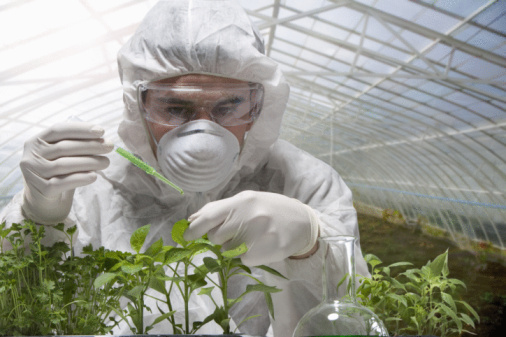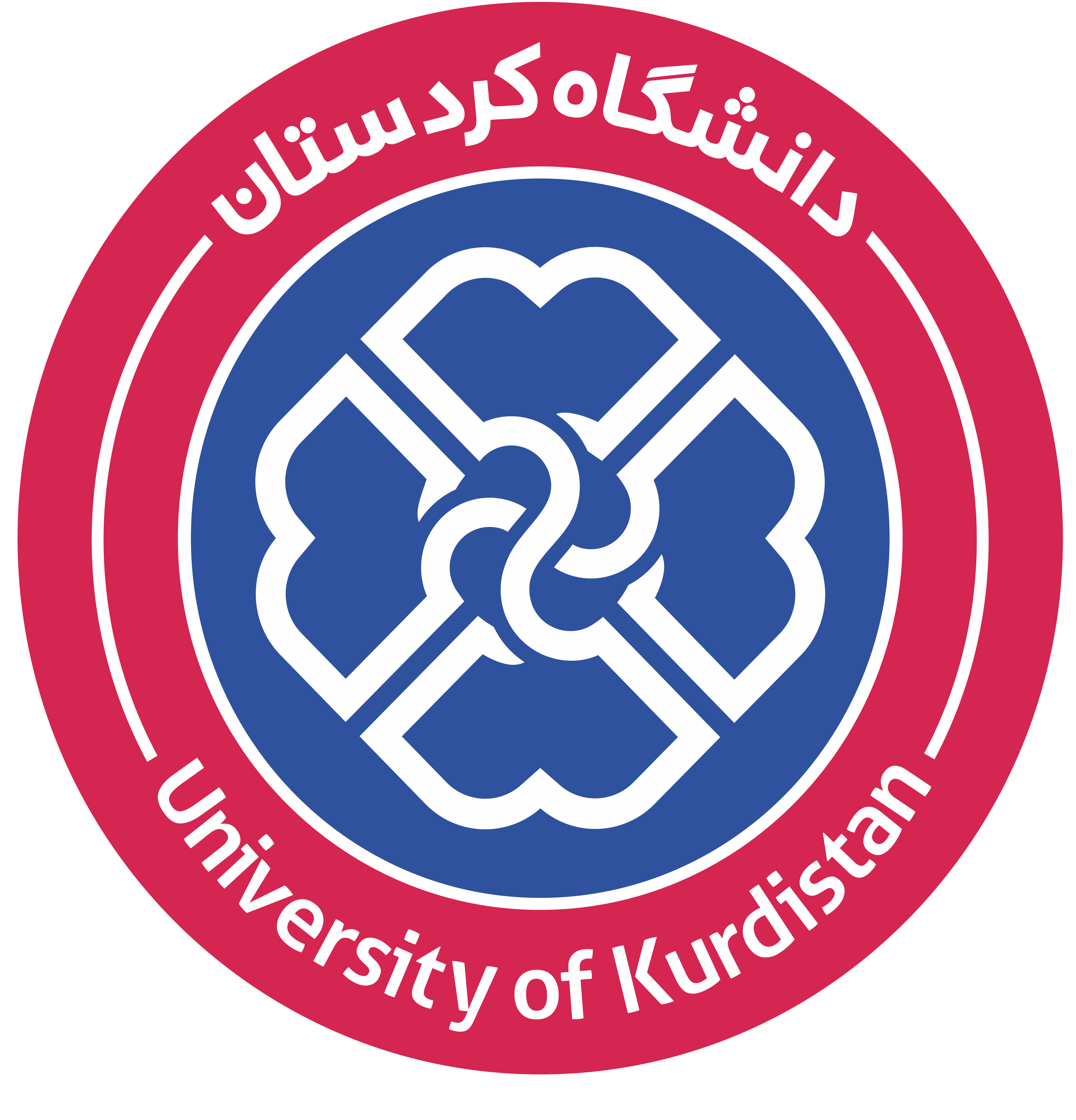
| Supervisor | Applications
|
Key Equipment
|
|---|---|---|
Ladan Moghbel
|
The Biological Control of Plant Diseases Laboratory, within the Department of Plant Protection at the Faculty of Agriculture, University of Kurdistan, is actively engaged in the precise identification of biological control agents for combating plant pathogens. It also focuses on developing methods based on the application of beneficial microorganisms and the essential oils of medicinal plants. This laboratory contributes to sustainable agriculture by emphasizing the reduction of pesticide and chemical fertilizer consumption and promoting biological methods. These efforts aim to achieve significant advancements in yielding healthy produce and ensuring environmental and food safety and security.
Objectives of the Laboratory
|
|
| Supervisor | Applications
|
Key Equipment
|
|---|---|---|
Ladan Moghbel
|
It is active in the identification and characterization of plant pathogenic and beneficial bacteria, as well as the study of their interactions, with an emphasis on inducing resistance in the host plant. | No Information
|
| Supervisor | Applications
|
Key Equipment
|
|---|---|---|
Ladan Moghbel
|
In the Plant Virology Laboratory at the University of Kurdistan, a number of Master's theses, Ph.D. dissertations, and research projects are currently underway. These are focused on the identification, sequencing, and investigation of the genetic diversity and evolution of viruses and viroids that infect apples, an important horticultural crop in the west and northwest of the country, and viruses that infect strawberries, a strategic crop for the Kurdistan province. In this regard, the molecular PCR method has been optimized for the detection of these pathogenic agents. Several viral and viroidal agents have been identified and characterized, and in the next phase, studies on the pathogenicity of these agents in interaction with different host cultivars will be investigated.
|
No Information
|
Supervisor
|
Applications
|
Key Equipment
|
|---|---|---|
Ladan Moghbel
|
|
No Information
|
| Supervisor | Applications
|
Key Equipment
|
|---|---|---|
Ladan Moghbel
|
The Plant Pathogen Resistance Laboratory at the University of Kurdistan is active in various research fields concerning resistance to different types of plant pathogens, including viruses, fungi, and bacteria. The laboratory's focus is on evaluating cultivar resistance, RNA silencing, and investigating the expression of defense genes in response to pathogens.
Techniques such as RNA silencing, Real-time PCR, PCR, and ELISA are utilized in this laboratory. Furthermore, research is conducted in this laboratory on the interactions among plant pathogens, as well as with their insect vectors and host plants, with the goal of achieving resistance to plant pathogens. |
No Information |
Supervisor
|
Applications
|
Key Equipment
|
|---|---|---|
Ladan Moghbel
|
No Information
|
|
| Supervisor | Applications
|
Key Equipment
|
|---|---|---|
Ladan Moghbel
|
In these laboratories, the department's graduate students conduct their thesis research on the systematics of various orders of mites, with an emphasis on the order Mesostigmata. Additionally, other research is conducted on temperature models and the biological parameters of pest mites, particularly the cyclamen mite and its various predators. The rearing of predatory mites is another activity currently being undertaken in this laboratory. Research projects of the esteemed faculty members are also among the ongoing work in this facility.
|
|
| Supervisor | Applications
|
Key Equipment
|
|---|---|---|
Ladan Moghbel
|
In this laboratory, the practical course units for Insect Toxicology and Physiology are conducted at the undergraduate and graduate levels. Additionally, research for Master's and Ph.D. theses related to toxicology and physiology, including bioassays of pesticides on insects and the extraction of plant essential oils, can be performed in this laboratory.
|
No Information
|
| Supervisor | Applications
|
Key Equipment
|
|---|---|---|
Ladan Moghbel
|
Practical courses in Agricultural Entomology for the Master of Science (M.Sc.) program, such as Insect Systematics and Morphology, are conducted in the Entomology Laboratory. Additionally, practical entomology courses for the undergraduate program are also held in this laboratory. The laboratory facilities include equipment for insect collection, insect rearing, mounting of insect and mite specimens, microscopes, stereomicroscopes, incubators, a digital scale, and Berlese funnels.
|
|






















